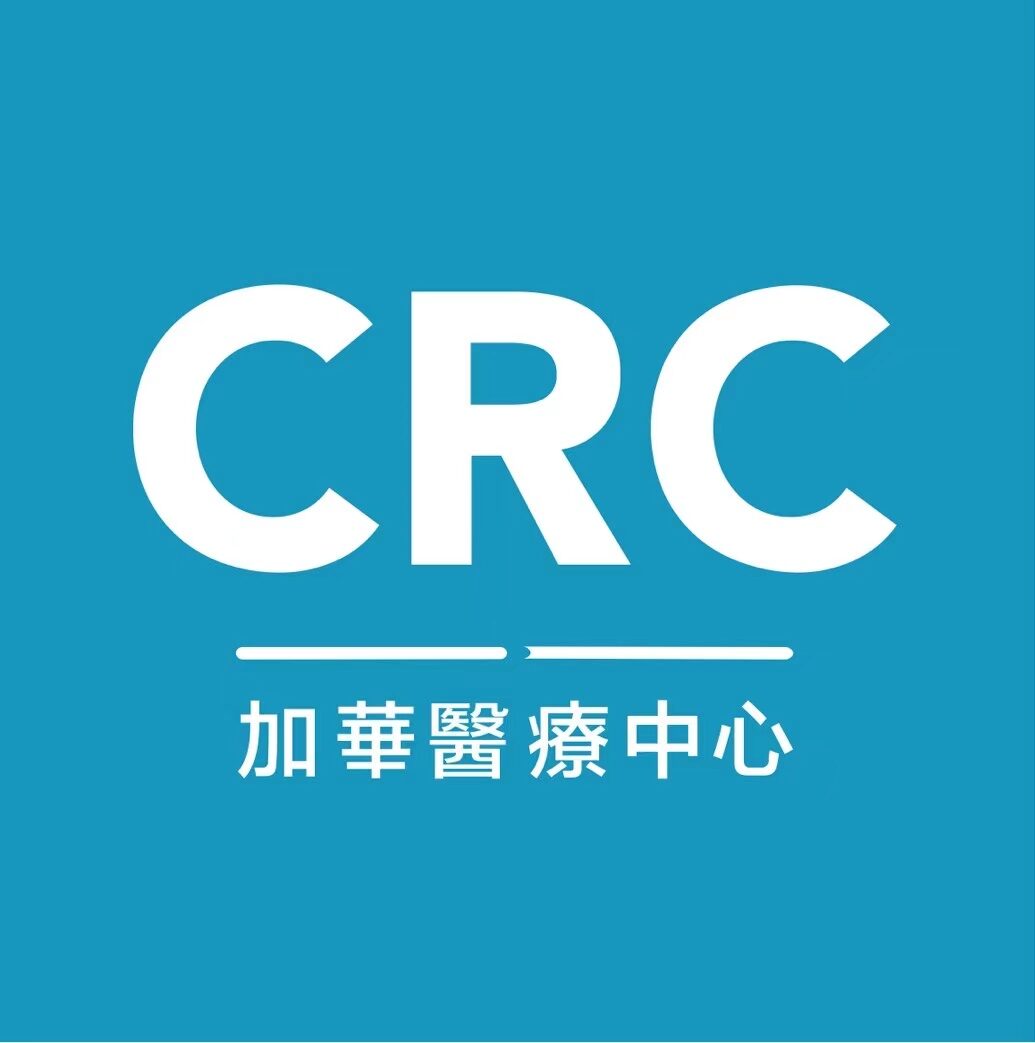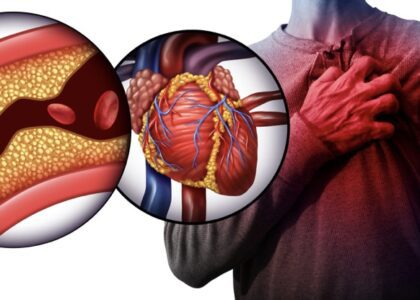How is the Canadian healthcare system divided?
Canada’s health care system is divided into three levels: primary medical services, secondary medical services and tertiary medical services. To simply put, it is divided into:
– Primary Care Services: family doctors and nurse practitioners


– Secondary Medical Services: specialists and auxiliary therapists
– Tertiary Medical Services: surgery and rehabilitation


What is primary care?
Family physicians, or general practitioners, and nurse practitioners treat general practices. Family doctors are responsible for diagnosing and treating common diseases and emergencies such as respiratory infections, gastroenteritis, sprains and chronic diseases. Family planning, food and nutrition counselling and maternity and pediatric health care are also examples of primary medical services.

Additionally, to ensure continuity of care and patient management, family physicians and nurses compile detailed, individual medical records if the patient obtains a medical card.
Walk-In Clinics
You can visit a walk-in clinic if you do not have a family doctor but require urgent but not life-threatening medical attention. Walk-in clinics do not require appointments as it comes on a first-come, first-served basis thus the lines can be quite long. Nevertheless, walk-in clinics can identify and treat minor illnesses brought on by accidents and unexpected common ailments such as allergies, diarrhea, fevers and stomach aches.

This is CRC Health Centre’s walk-in times and hours.
What is secondary care?
Secondary medical services are medical services provided by specialists, a physician with training and licensure in a particular field of practice. When the family doctor needs a more professional diagnosis and treatment, the family doctor will refer the patient to specialists. After receiving a referral letter, the specialist will evaluate the patient’s specific situation. If the referral letter is accepted, the specialist’s assistant will contact the patient to make an appointment.
There are many types of specialists; some include cardiologists, dermatologists, otolaryngologists, ophthalmologists, obstetricians, pediatrics, dermatologists, endocrinologists, immunologists, neurologists and urologists.

The group of secondary healthcare practitioners also includes physical, nutrition, occupational, speech, and other complementary therapists. Additionally, hospital services like emergency care, hospitalization, and medical diagnosis are included in secondary medical services.
What is tertiary care?
The most sophisticated and specialized medical services are tertiary care, which includes the most advanced medications and surgical procedures offered by specialists. Examples include cancer therapy, neurosurgery, cardiovascular surgery and trauma treatment. Hospitals generally do not directly take patients because tertiary medical services are primarily focused in large hospitals and are referred by specialists or sub-specialists. A few tertiary care can be found among the many hospitals in British Columbia. The most well-known of these are BC Children’s Hospital, BC Women’s Hospital, Royal Columbian Hospital in New Westminster and Vancouver General Hospital (Vancouver General Hospital). These hospitals are also in charge of patient care, scientific research and the teaching of new medical professionals.
How to receive your prescriptions?
Pharmacy in Canada is independent of hospitals and doctors. The patient only visits the pharmacist to purchase the medication after the doctor has prescribed it. Medications in Canada are divided into prescription drugs and non-prescription drugs. While prescription medications require a doctor’s prescription, some over-the-counter medications, such as antihistamines, painkillers and allergy medications, can be bought without a prescription.

CRC Health Centre
CRC Health Centre combines primary, secondary and pharmacy services as well as pharmacy and home visiting. The philosophy of CRC Health Centre is communication, trustworthiness and cooperation. CRC Health Centre integrates medical experts from different aspects to provide professional and fast medical services to the people in the Greater Vancouver area. There are multilingual family physicians, nurse practitioners, registered nurses, specialists, nutritionists, pharmacists, professional nurses and other supporting medical personnel.





